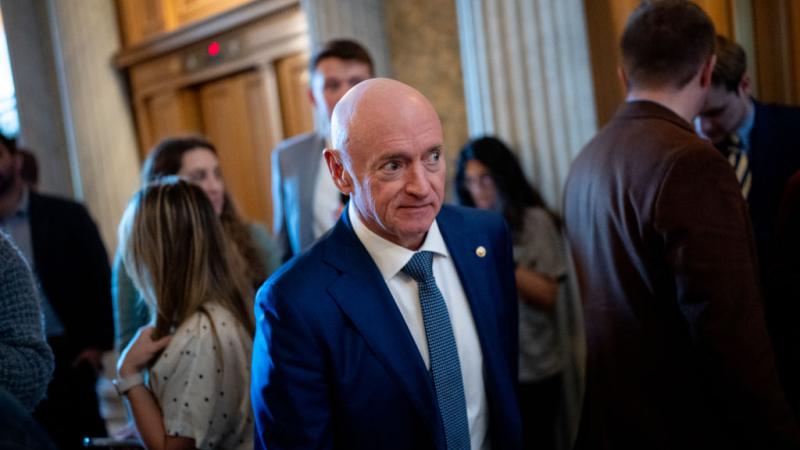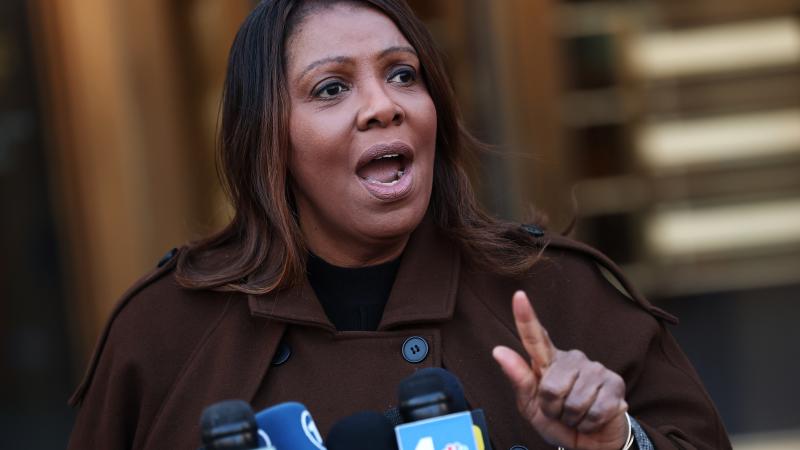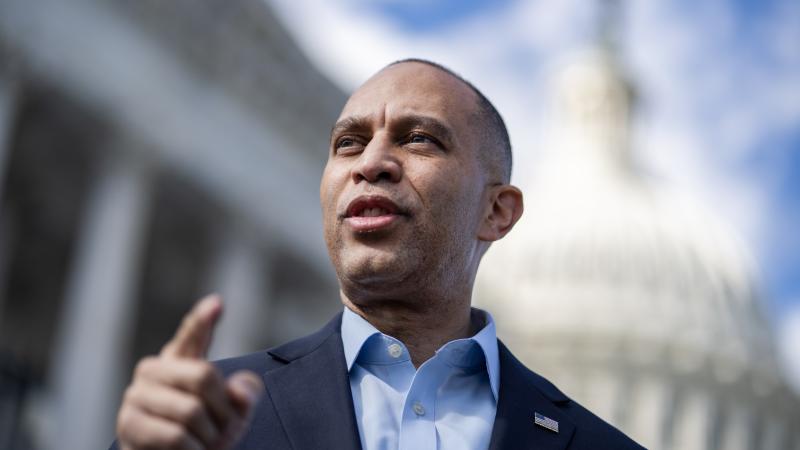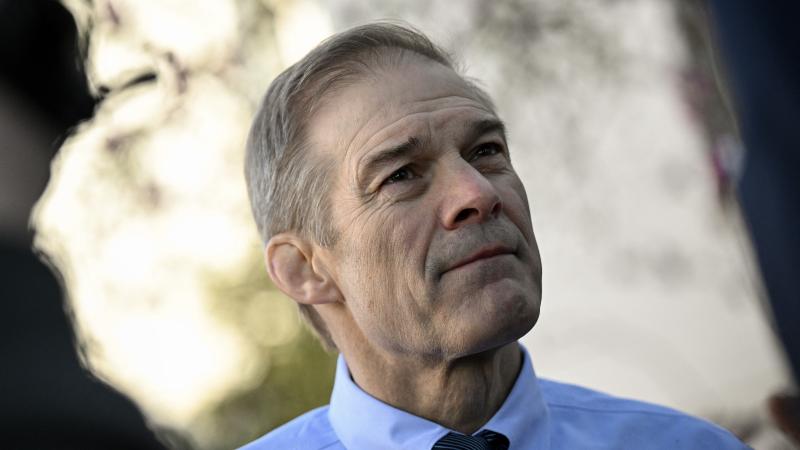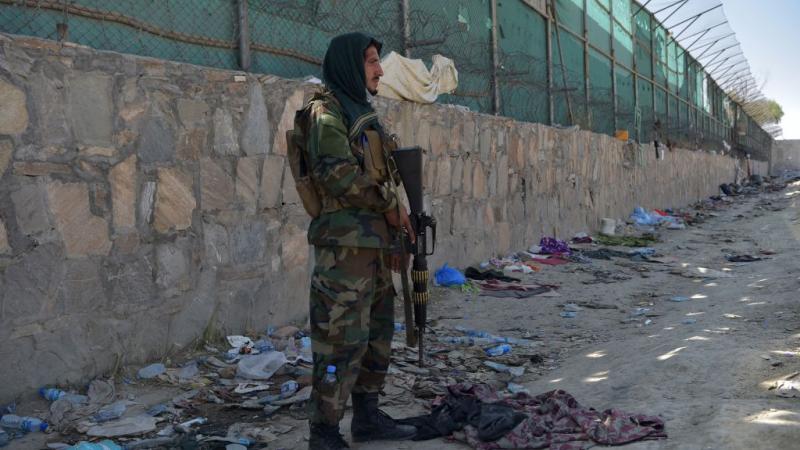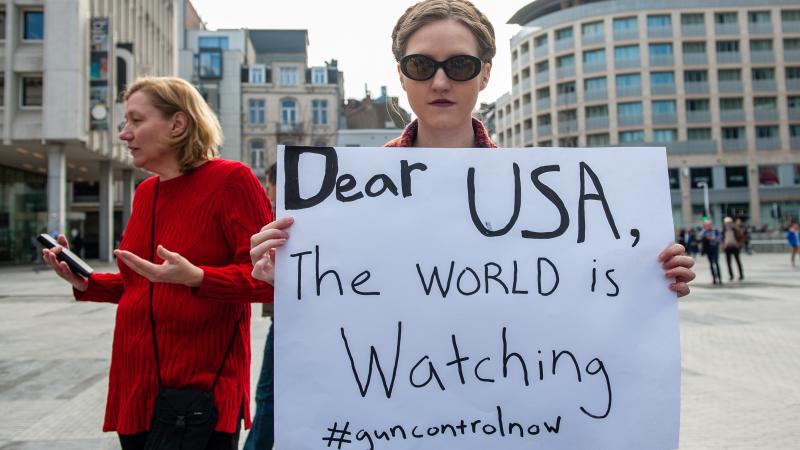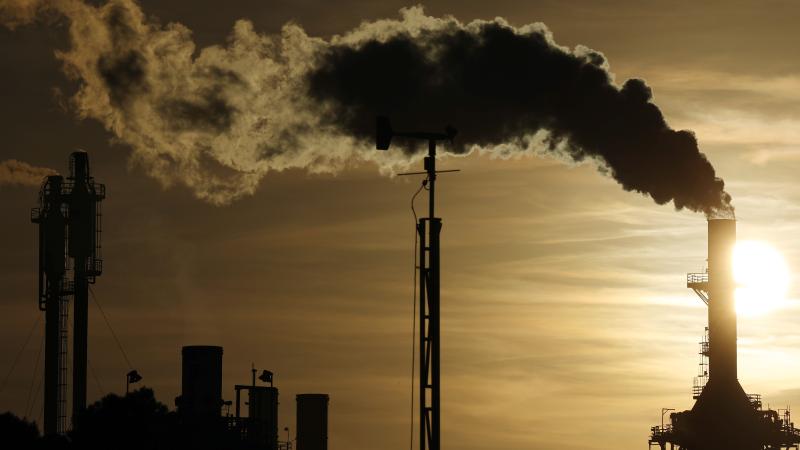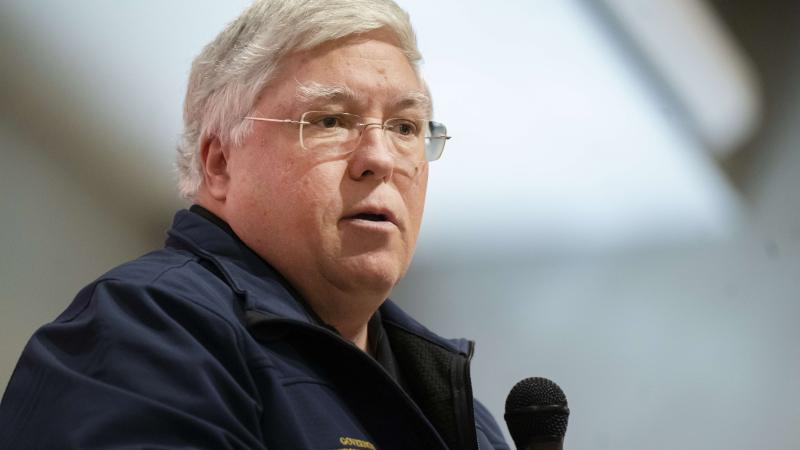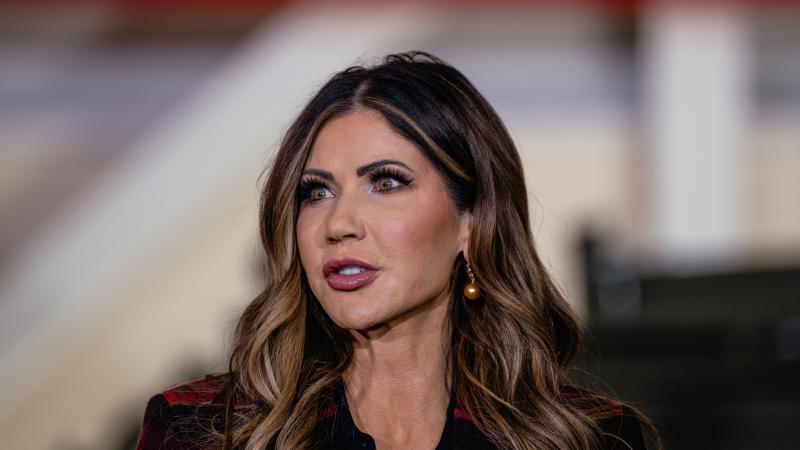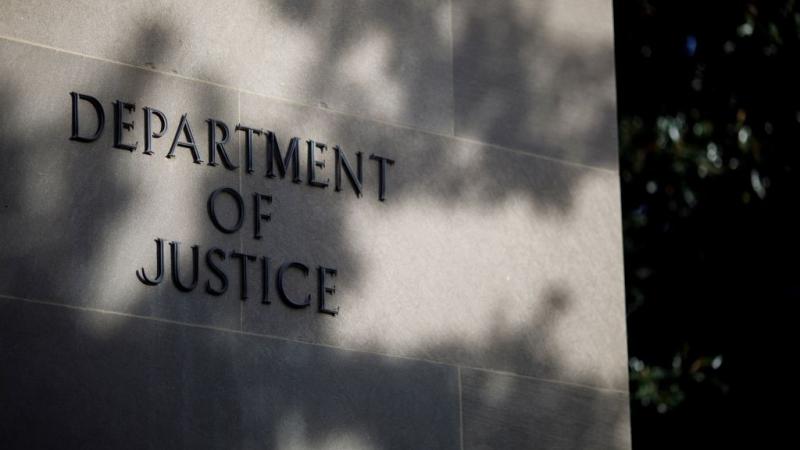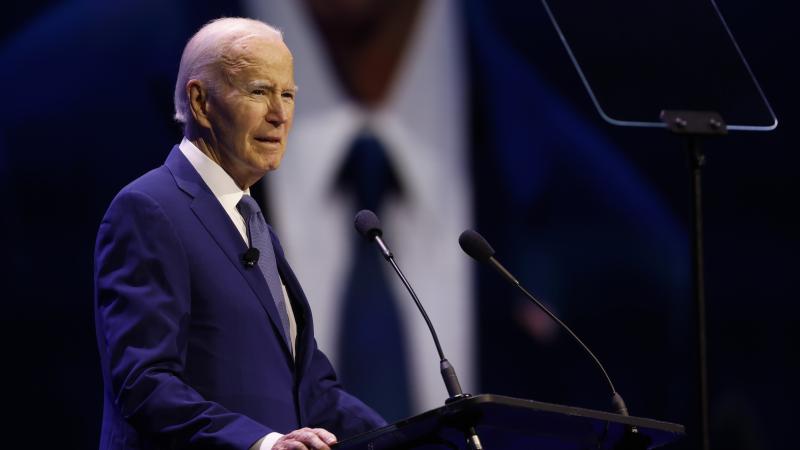AZ Gov. Hobbs sets new record for vetoed bills in a single session: 178
During the session, Hobbs vetoed numerous bills related to national security, particularly those related to border enforcement. Hobbs broke her previous record of 143 set in 2023.
(The Center Square) -
(The Center Square) — Gov. Katie Hobbs set a new record for the number of bills vetoed in a single session: 178.
The governor this week finished her review of all the bills passed by the Arizona Legislature, which ended its session Friday.
Hobbs broke her previous record of 143 set in 2023.
Even though she vetoed many bills, the governor signed 264 bills into law.
Here's a look at some of the major pieces of legislation the governor approved and rejected.
National security
Hobbs signed Senate Bill 1082 into law, which prevents American adversaries such as China, Russia, Iran and North Korea from owning land in Arizona.
After signing this bill, Hobbs said she is “confident this legislation will protect our military bases and critical infrastructure during a time of escalated foreign threats.”
This bill's passage comes after Hobbs vetoed SB 1109, which would have prevented China from buying, owning or acquiring Arizona land.
During the session, Hobbs vetoed numerous bills related to national security, particularly those related to border enforcement. In April, the governor vetoed SB 1164, which was also known as the Arizona ICE Act.
This bill would have mandated state and local governments to work with federal law enforcement on immigration matters. In her veto letter, Hobbs said Arizonans, rather than Washington, D.C., politicians, should decide what is best for the state.
A month after she vetoed SB 1164, she axed House Bill 2099, which was designed to have the governor, attorney general and local governments work with federal immigration authorities to administer federal immigration laws.
Again, in her veto letter, Hobbs stated Arizonans need to determine what is best for the state. Hobbs added that she had already worked with the federal government to secure the state’s borders.
Election integrity
Hobbs vetoed several bills related to election integrity this session.
In May, Hobbs vetoed three bills that sought to safeguard Arizona’s elections: HB 2017, HB 2046 and HB 2050.
HB 2017 sought to prevent Arizona counties from establishing on-site voting locations and voting centers.
Additionally, it aimed to limit the number of election precincts to 1,000 registered voters.
Hobbs, in her veto letter, said she would not sign a piece of legislation that makes it more difficult for Arizonans to vote.
HB 2046 attempted to change the state’s post-election audit rules. Hobbs said she did not sign this bill because “requiring separate hand-count audits for early and election day ballots is inefficient and cumbersome for election officials.”
The final of these three bills, HB 2050, aimed to mandate county recorders to give a daily list of voters with missing or conflicting signatures. Furthermore, the bill wanted to provide provisional ballots to political parties.
In rejecting HB 2050, the governor stated that provisional ballots need to be “researched and verified by elections officials and cannot be cured by the voter.”
Another bill Hobbs said no to was HB 2703. This bill aimed to expedite the processing of Arizona’s election results. HB 2703 attempted to prevent early ballot voters from returning their ballots to polling places on Election Day.
The governor said this bill was about “disenfranchising eligible voters” rather than getting faster election results.
In recent years, the state has been plagued by being one of the last states to tally its votes for presidential elections.
Hobbs did not veto every single election integrity bill. In May, she signed into law HB 2129, which tightens the rules for active early voting lists and enlarges the number of hand-count audits to include county and uncontested races.
Education
When it came to education, Hobbs did not put her signature on a variety of bills.
SB 1694 was a bill that sought to prevent state funds from going to higher education institutions that offered diversity, equity and inclusion classes.
In her veto letter, Hobbs said state universities and community colleges play too important of a role in developing the state’s workforce to jeopardize their financial stability.
She added that this bill would have caused “negative effects on the state’s workforce and economy.”
Another bill, HB 2610, attempted to give state authorities the power to remove school superintendents and all school governing board members if a school district was found to be financially mismanaged.
In June, Hobbs declined to make this bill law because it sought “broad retribution rather than providing targeted methods to address problems.” She said requiring an “upheaval of an entire elected school board is blatant legislative overreach.”
On the other hand, Hobbs did sign HB 2880, which prevents Arizona colleges from having unauthorized encampments on their campuses.
This bill requires legal action to be taken against people who violate this law.
In addition to this, Hobbs signed HB 2164, which disallows public schools from offering ultra-processed foods that contain synthetic chemicals such as red dyes 3 and 40, potassium bromate and green dye 3.
Economy
Hobbs signed HB 2704 into law, which will renovate Chase Field, home of the Arizona Diamondbacks baseball team. This bill does not raise taxes on Arizonans. With these renovations, the governor said she expects “good-paying jobs” to be created.
To help small business owners, Hobbs signed SB 1069. This bill raises the business personal property tax exemption from $207,366 to $500,000.
Another bill Hobbs signed into law was SB 1182.
This bill will help construction workers working in the hot Arizona summers.
SB 1182 prevents municipalities from enacting or enforcing noise ordinances that prohibit construction activities from May 1 to Oct. 15 during the hours of 5 a.m. to 7 p.m. on business days. If the work takes place on a Saturday, then the hours are 7 a.m. to 7 p.m.
To provide greater transparency regarding taxes, Hobbs signed HB 2119, which requires municipalities to notify the public at least 60 days before deliberating an increase in taxes or fees. This bill also mandates municipalities produce reports on tax changes 60 days before deliberating them.
Others
Hobbs signed into law HB 2112, which mandates commercial entities to have an age-verification system for minors on websites that have inappropriate sexual material.
The age verification system checks to make sure viewers are 18 or older before they view sexual material.
If commercial entities fail to comply with this law, they may face severe penalties, including a daily fine of $10,000 or a maximum fine of $250,000 if minors gain access to inappropriate material.
In June, Hobbs signed SB 1611. This bill lets irrigated lands that use high amounts of water to transition to developments that use lower water rates. This program is estimated to save Arizonans millions of acre-feet of water over its lifetime.
Regarding transgender healthcare, Hobbs vetoed SB 1586, which would have let people who received gender transition treatments as minors sue the healthcare provider who performed their treatments if they suffered harm from it.
Moreover, this bill would have required health care providers to cover the cost of someone’s detransition procedures.
In her veto letter, Hobbs said medical malpractice laws exist “to give patients a private right of action related to matters of informed consent.”
